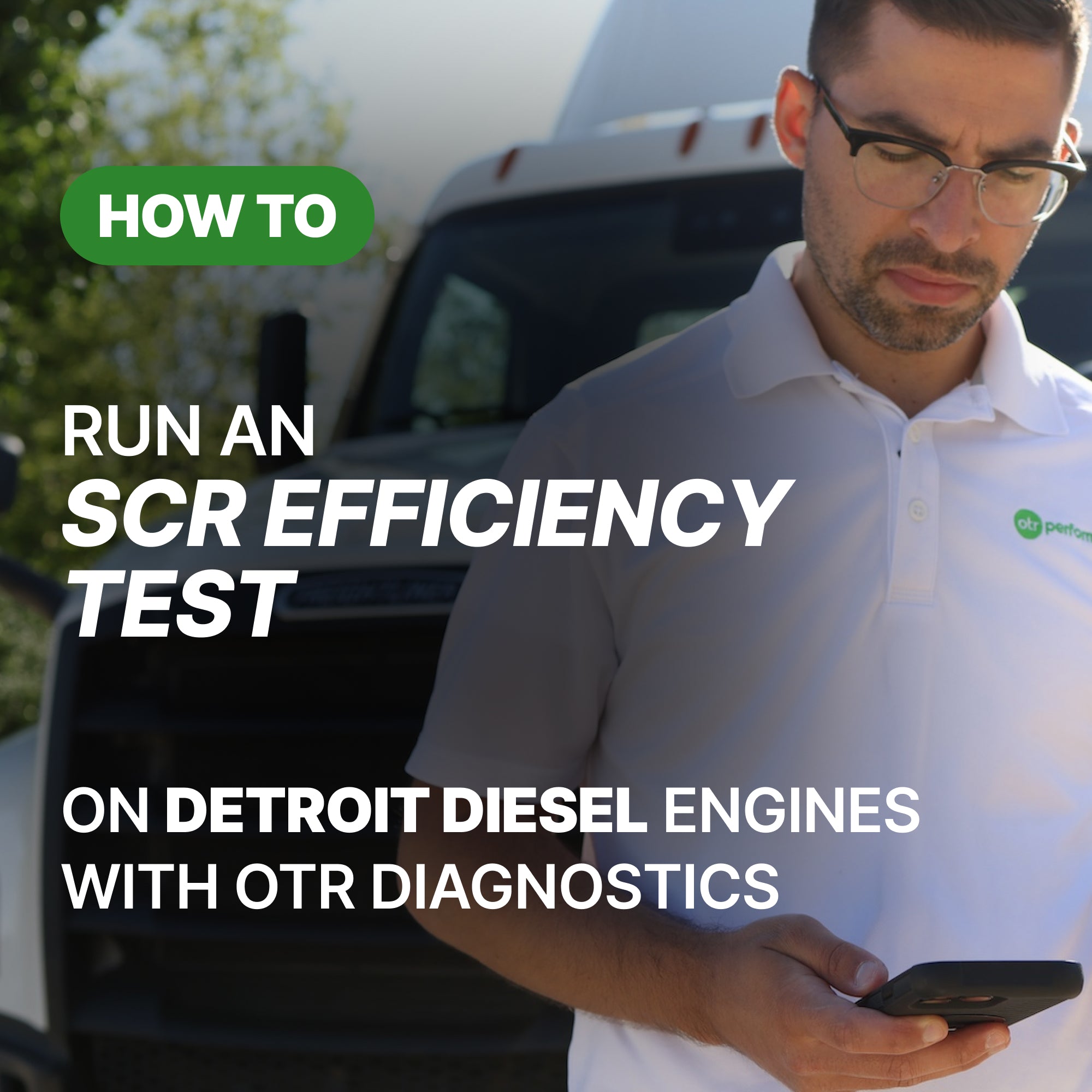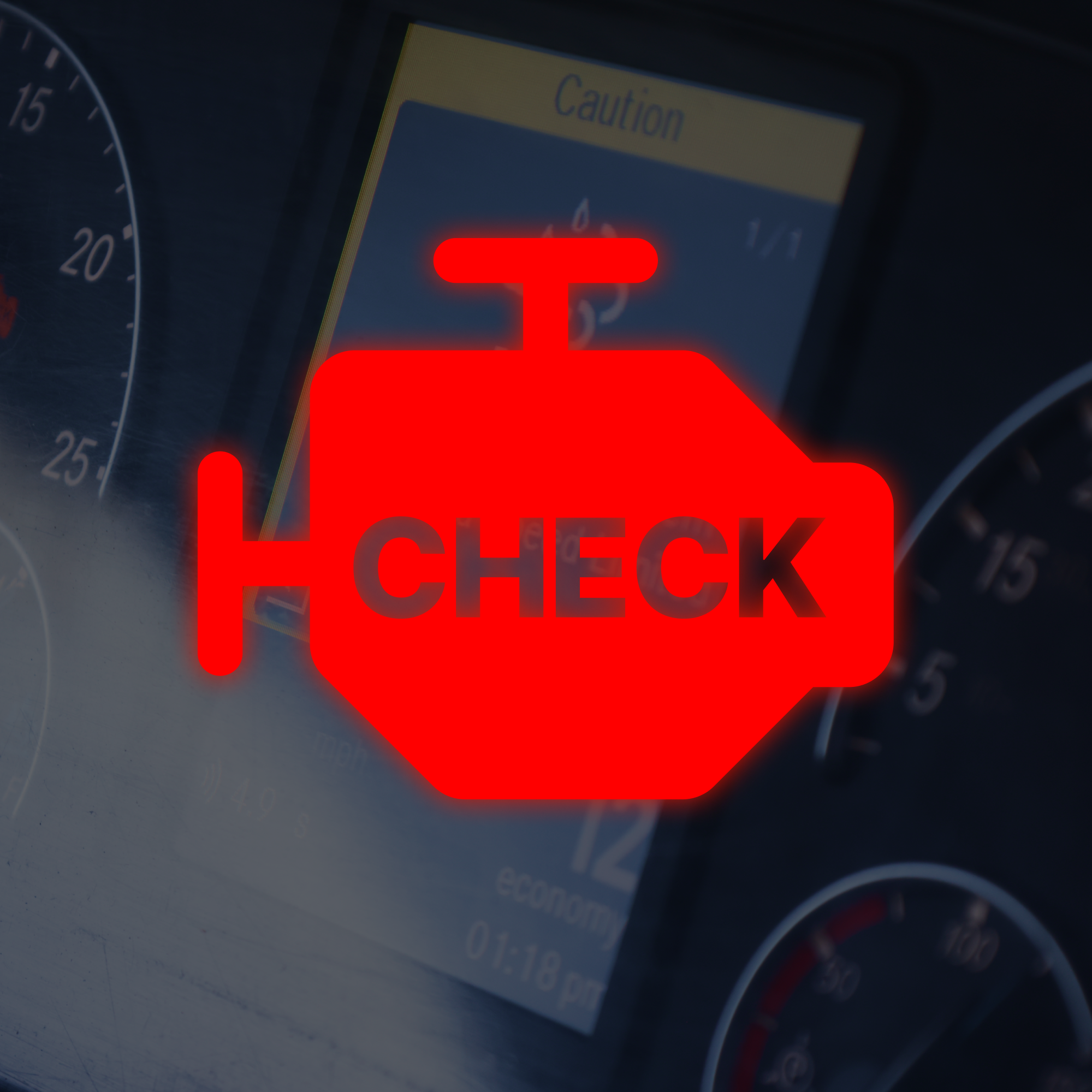As the dog days of summer approach, extremely high temperatures, especially during these summer months, can have various impacts on a heavy duty truck, potentially leading to mechanical breakdowns if not effectively managed. This is a potential danger if your truck is down due to a malfunction or fault code that has appeared.
Top 8 Most Common Heavy Duty Truck Failures Caused by Heat!
1. Engine Overheating
This is the most common heat-related issue. If a truck's cooling system isn't maintained properly, the engine can overheat, potentially leading to a breakdown. Factors such as low coolant levels, a malfunctioning thermostat, or a faulty water pump can contribute to engine overheating.
2. Tire Blowouts
Heat can cause the air inside the tires to expand, which increases the pressure inside the tire. Overinflated truck tires are more susceptible to punctures and blowouts, especially when the road surfaces are hot. Tread separation is also more likely to happen in hot conditions.
3. Battery Failure
High temperatures can lead to faster evaporation of the battery fluid, leading to corrosion on terminals and connections. This can eventually cause your heavy duty truck battery to fail.
4. Fuel System Issues
High heat can cause the fuel to evaporate at a faster rate, and it can cause issues with the fuel system. This can lead to lower fuel efficiency and potential engine issues.
5. Oil Viscosity and Lubrication
High temperatures can decrease the viscosity of the engine oil, affecting its ability to lubricate the engine effectively. This could lead to increased wear and tear in the engine components.
6. Cooling System
The cooling system in your heavy duty truck works harder during hot weather to keep the engine temperature under control. If there are any issues with the radiator, coolant, hoses, or fans, these are likely to become apparent when the weather is hot.
7. Air Conditioning System
High temperatures put a significant load on the air conditioning system. Any deficiencies in the system, including low refrigerant levels or leaks, can lead to a lack of cool air when it's most needed. You do not want to be stranded in your truck without air conditioning.
8. Aftertreatment System
The aftertreatment system in a heavy duty truck is designed to reduce harmful emissions and meet environmental regulations. This system often includes components like a Diesel Particulate Filter (DPF), Selective Catalytic Reduction (SCR), and a Diesel Oxidation Catalyst (DOC). Heat can have several effects on these components.
(Secondary image)
How Can Heat Effect a Regen?
You now know our top 8 most common fails in a heavy-duty truck due to heat. We also feel it is important for you to know that high ambient temperatures can also affect the Diesel Particulate Filter (DPF) regeneration system of your truck. The DPF regeneration system is designed to burn off the soot trapped in the filter, turning it into ash. This process, known as regeneration, is essential for maintaining the engine's performance and fuel efficiency and meeting emission standards. The last thing you want is to be in a derate and have to call a tow!
However, in extreme heat conditions, the DPF regeneration process might be impacted in the following 6 ways:
1. SCR System
The SCR system uses a urea-based solution (Diesel Exhaust Fluid or DEF) to reduce NOx emissions. The DEF can freeze at temperatures below 12 degrees Fahrenheit and decompose at extremely high temperatures, impacting the SCR's functionality.
2. DOC
The Diesel Oxidation Catalyst works at high temperatures to oxidize carbon monoxide and hydrocarbons into carbon dioxide and water. If the exhaust temperature is too low, it will not work efficiently. On the other hand, excessive heat can cause thermal degradation of the catalyst.
3. Thermal Stress
The aftertreatment system components are made of materials that can withstand elevated temperatures. However, fluctuations between high and low temperatures (thermal cycling) can cause thermal stress, leading to cracks and component failure.
4. Coolant Leaks
In some designs, the aftertreatment components are cooled by the engine's coolant. Any heat-related issue causing a coolant leak can therefore affect the aftertreatment system's performance.
5. Engine Overheating
When the engine runs too hot, it can affect the exhaust temperature and pressure, disrupting the balance required for the aftertreatment system to function properly.
6. DPF Regeneration
The DPF traps particulate matter (soot) from the exhaust. For the DPF to clean itself or regenerate, it needs to reach an elevated temperature (around 1100 degrees Fahrenheit). In normal operation, heat is beneficial for this process. However, excessive heat due to faulty injectors, turbochargers, or EGR systems can cause uncontrolled regeneration or even damage to the DPF.
OTR Diagnostics gives you the ability to force DPF regen, access detailed fault code information, monitor real-time live data, perform commands such as reset aftertreatment system and track command and fault code history, all from your mobile device.
If you would like to learn more about how OTR Diagnostics can help you and your heavy duty truck, go here.
Already purchased our product? Let us know how we did! Your voice matters, plus you will earn a $100 credit towards your OTR Diagnostics purchase by submitting a short video testimonial. Get My $100 Here!





7 Basics of HD Aftertreatment System Explained
Miles of Gratitude: 9 Tips to Better Trucking